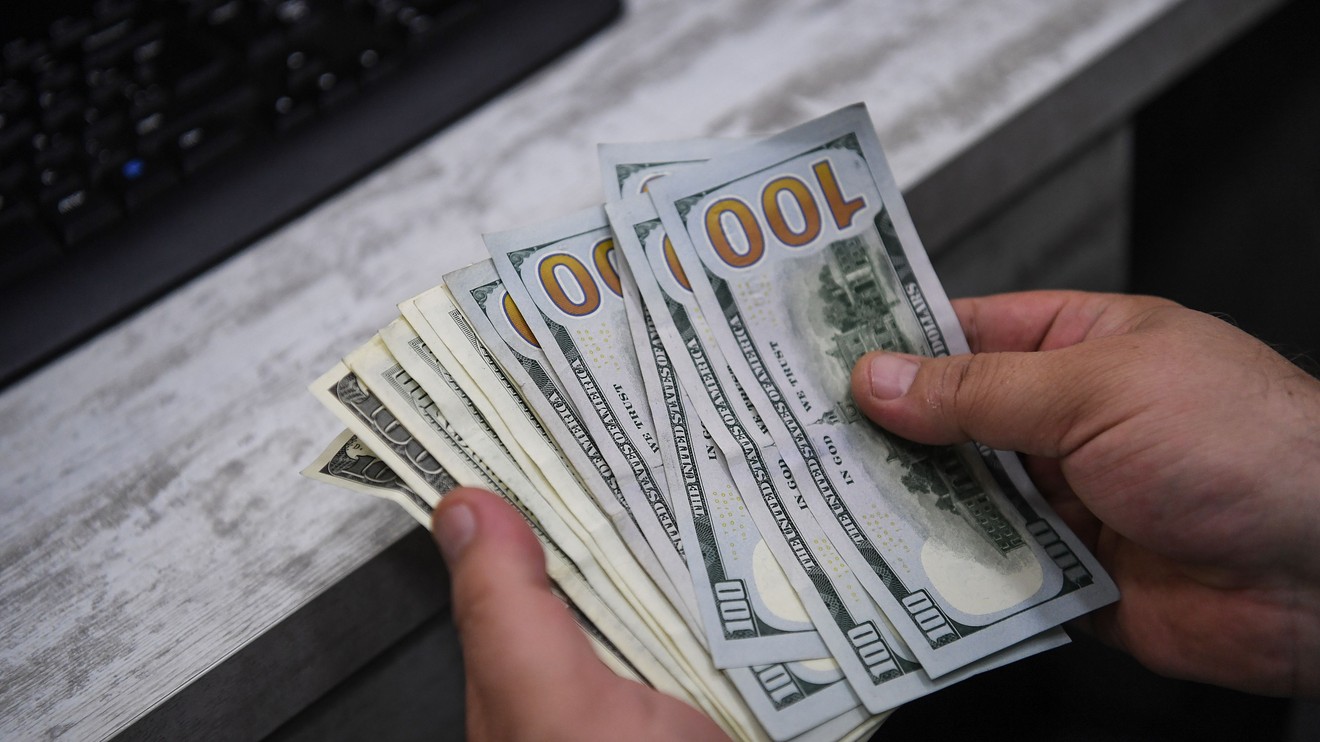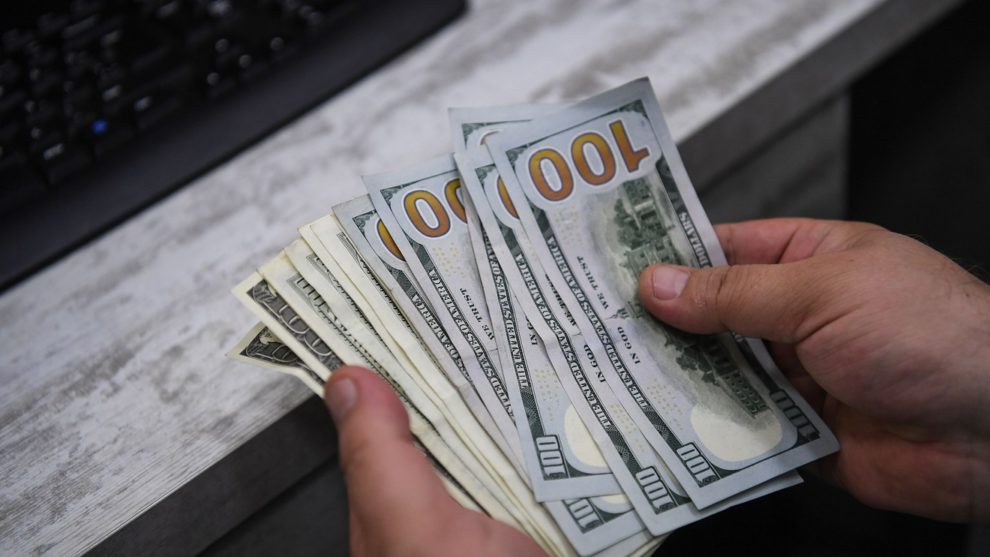
As coronavirus cases outside of China grow, the template for the current bear market that seems to fit best is what happened to stocks after 9/11.
A review of The Transcript, which is a compilation of earnings calls, solidified this idea. Consider:
• “We have therefore made the assessment that COVID-19 can be characterized as a pandemic. Pandemic is not a word to use lightly or carelessly…Europe has now become the epicenter of the pandemic with more reported cases and deaths than the rest of the world combined apart from China” — WHO Director-General Tedros Adhanom Ghebreyesus
• “Daily life has come to a halt, it certainly appears if you are a human being on this planet.” — Korn Ferry CEO Gary Burnison
• “I think this event is very similar to 9/11 in terms of the psychology of what’s driving it. It’s a fear based event” — JetBlue Airways CEO Robin Hayes
• “This is a fear event, probably more akin to what we saw at 9/11 than necessarily what we saw in 2009. I think you’re seeing a suspension of activities, whether it be corporate activities, group activities, events where people get together in large numbers, all of which impact our demand set. So, I think it’s really premature to try to be drawing too many corollaries.” — Delta Air Lines CEO Ed Bastian
Limitations to the 9/11 analogy
Yet there are limits to the 9/11 analogy. The post-9/11 sell-off occurred in the middle of a bear market and U.S. recession. The market bounced as fear subsided, but didn’t bottom until about a year later with a double bottom in July and October 2002.
The coronavirus shock is the spark for a new recession. Wall Street is now coming to grips with a sudden economic slowdown that is only just starting, and analysts are scrambling to estimate its magnitude, but the situation is so fluid that any estimates are virtually worthless by the time they are published.
What’s weird about this current situation is that we need massive fiscal help from Washington, but we don’t exactly need stimulus, per se. Stimulus typically implies an attempt to get the economy moving again. But that’s not exactly what we want right now, because in the ideal scenario everyone could just wait this thing out by spending a month or two in their homes eating canned goods, watching Netflix and FaceTiming. Then when the virus is mostly gone, we all go out and have a bacchanal for the ages in the warmer weather.
The problem, as economist Larry Summers eloquently put it, is that “economic time has been stopped, but financial time has not been stopped.” In other words, if we all cocoon for two months, we might physically survive, and the infrastructure of the modern world would be waiting for us upon our re-emergence, but in the meantime the bills pile up. The rent’s due. The mortgage is due. Or the landlord’s mortgage is due. The credit card bill is due. Taxes are due. For a business, paychecks must go out. Suppliers must be paid.
So we don’t need economic stimulus right now. We don’t need people out shopping or building new infrastructure or building new homes. Every one of those things involves people congregating and risks spreading the virus.
What we need is cash to keep people from going bankrupt or evicted. Cash to keep the lights on. Cash to keep people employed; to keep their health care. Cash to buy basic necessities, like food and medicine. So let’s not think in terms of reviving growth for now. Let’s think in terms of cash, so that for as long as we’re in deep freeze, people can stay alive and continue to meet their financial obligations.
Greg Mankiw, chair of the Council of Economic Advisers under former President George W. Bursh, recently made the following sensible policy prescriptions:
- A recession is likely and perhaps optimal (not in the sense of desirable but in the sense of the best we can do under the circumstances).
- Mitigating the health crisis is the first priority. Give Dr. Fauci anything he asks for.
- Fiscal policymakers should focus not on aggregate demand but on social insurance. Financial planners tell people to have six months of living expenses in an emergency fund. Sadly, many people do not. Considering the difficulty of identifying the truly needy and the problems inherent in trying to do so, sending every American a $1,000 check asap would be a good start. A payroll tax cut makes little sense in this circumstance, because it does nothing for those who can’t work.
- There are times to worry about the growing government debt. This is not one of them.
- Externalities abound. Helping people over their current economic difficulties may keep more people at home, reducing the spread of the virus. In other words, there are efficiency as well as equity arguments for social insurance.
- Monetary policy should focus on maintaining liquidity. The Fed’s role in setting interest rates is less important than its role as the lender of last resort. If the Fed thinks that its hands are excessively tied in this regard by Dodd-Frank rules, Congress should untie them quickly.
Read: Romney, other lawmakers call for sending $1,000 checks to Americans as part of coronavirus response
The economy has suffered a sudden shock, and recovery will take some time. Wall Street analysts have not fully modeled or even had the time to estimate the full impact of the COVID-19 pandemic. It will therefore take time for the market to adjust to new expectations. This leads to the following market scenario:
- The market will bounce as fear fades (but don’t ask me when the bounce occurs).
- Watch for a rally and a test of the old lows several months in the future as the realization that the global economy is slowing, and the magnitude of the slowdown.
I am reiterating my downside estimate for the S&P 500 SPX, -11.98% of 1,600-2,160, which is based on applying a range of 10x to 13.3x P/E multiple to a forward 12-month EPS discounted by -10%.
Cam Hui is a portfolio manager and author of the investment blog Humble Student of the Markets.
Read: Goldman says U.S. growth will shrink 5% next quarter and here’s how low stocks could go
More: Stocks aren’t bargains yet, but a buying opportunity will come. Here’s how you’ll know it’s here
div > iframe { width: 100% !important; min-width: 300px; max-width: 800px; } ]]>











Add Comment